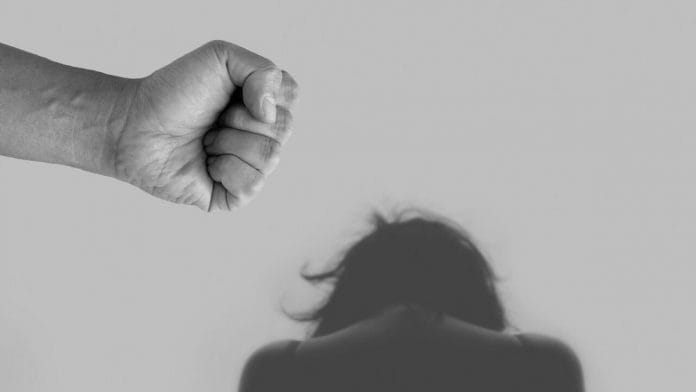Emphasis is currently being placed on people to self-isolate from their places of work and leisure, posing the home as a place of relative safety during the coronavirus pandemic. However, there is growing concern about what impact this might have on those trapped in intimate relationships with people who use violence and abuse.
For some people, home is not a safe place to be, so the prospect of large parts of the population being confined to prevent the spread of the coronavirus opens the potential for increased incidents of domestic violence.
Of course, COVID-19 cannot cause domestic violence, just as alcohol, drugs, unemployment etc. do not cause it. However, a heightened state of anxiety and stress – including medical anxiety and the stress many of us will feel around being in such close proximity for such extended periods of time with our families – is likely to make this a more dangerous time for women and children. This is in line with existing research that highlight that natural disasters and diseases are factors in increased reports of domestic violence.
Perpetrators may attempt to deal with extra stress and anxiety by imposing stricter and more unrealistic regimes on their families’ activities and behaviours. It’s a moment when the net of coercive control can be tightened. In fact, “social distancing” and “isolation” are core tactics of a coercively controlling partner.
The majority of us are in contact with domestic violence victims, survivors and perpetrators, even if we do not usually recognise it. We are their lecturers, their medical professionals, their carers, their teachers, their social workers, their line managers and so on. If we are working in any kind of support role or direct contact role during the COVID-19 crisis it is important to remember that “working from home” brings with it very different challenges for different people. We need to be aware of how this may impact victims and perpetrators of domestic violence as well as children in the home.
Also read: How can India counter coronavirus stigma, boycotts and inadequate social distancing?
Here are a few things that we thought might be useful for people to consider during the COVID-19 pandemic:
- Understand that stress and anxiety does not cause domestic abuse but it may increase it in families where it is already being perpetrated. Acknowledge that this is an extremely unsafe time.
- Check in with someone who you are personally worried about. If making a phone call to a suspected domestic violence victim or survivor, always assume that the perpetrator could be listening in. The same goes for instant messaging services.
- If you suspect that the victim or survivor isn’t able to talk because of being overheard, give them a readily thought out line to end the call, eg if it is not safe to speak right now then please repeat after me “I’m sorry there is no one called Tina here, you must have got the wrong number.”
- If it is safe to talk when you call, arrange a codeword or phrase that the victim can use if interrupted, eg if you need to end the call at any point please say “no, sorry I’m not interested in taking part in the survey”.
Taking time out
Where there is not a complete lockdown and people are still able to leave their houses to go for a walk if not ill or in quarantine, the “time out” technique can be used as a last resort to stop immediate physical abuse. If there is a complete lockdown then a garage or garden shed could also work. The time out technique is taught within behaviour change programmes (perpetrator programmes) and is a way of creating physical space during times of escalation. It involves arranging an amount of time (between 45 and 60 minutes) for someone being abusive to physically remove themselves from an environment. They go to a pre-agreed location and message the victim when they are returning to the physical environment. We must underline that this is a last resort to using abuse and should not be treated as a “cure” for violence.
This article is republished from The Conversation under a Creative Commons license. Read the original article.
Also read: Dark coronavirus humour can lighten the mood in isolation. But avoid ‘wife jokes’ please






